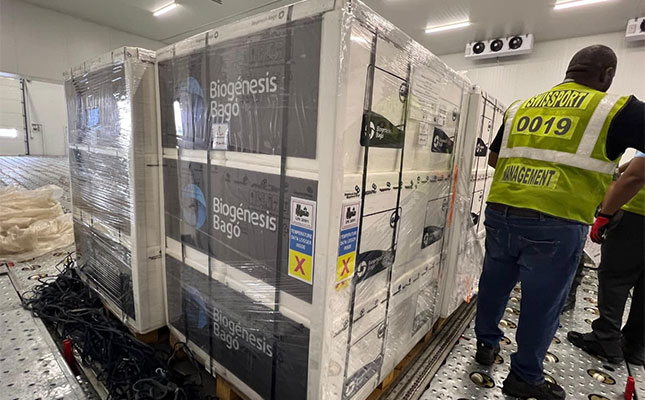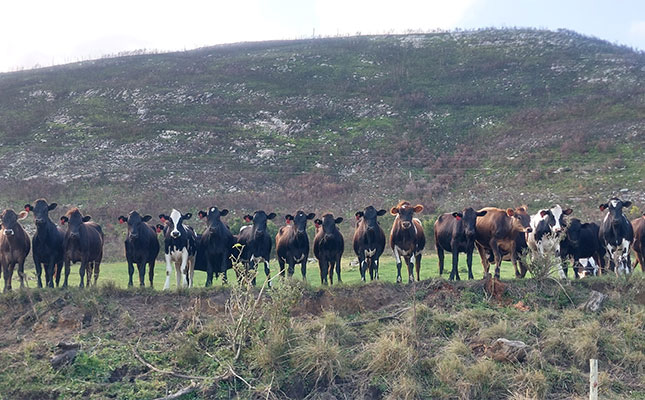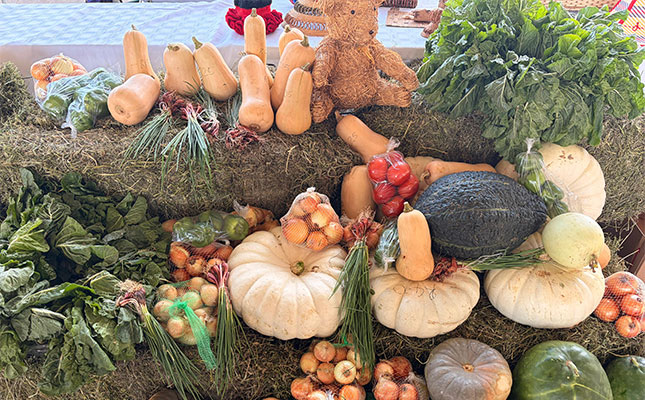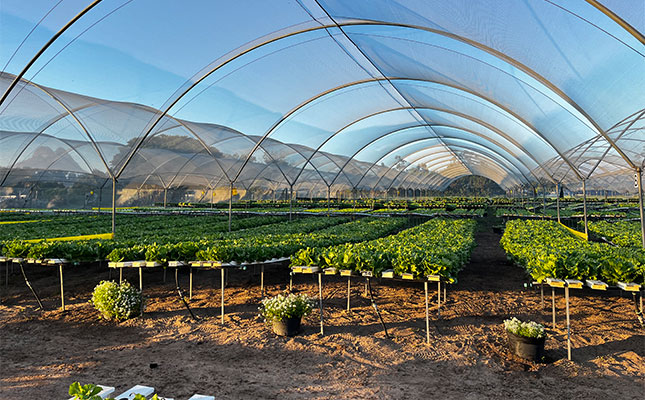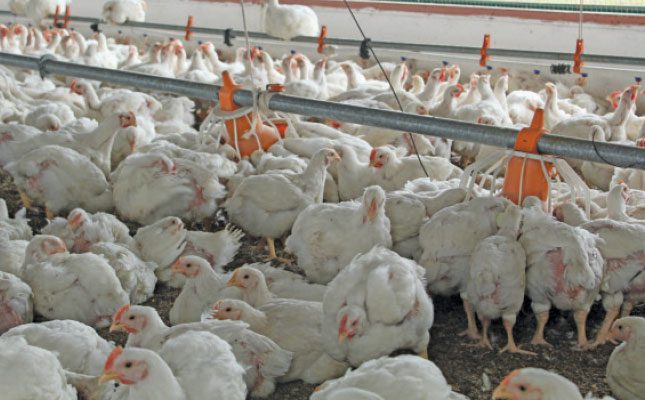
Minister of Agriculture John Steenhuisen said in a statement that South Africa has been closely monitoring the outbreak of highly pathogenic avian influenza in Brazil, which had led to the full ban of poultry and poultry products from Brazil to South Africa almost a month ago.
Current assessments, however, have confirmed that the risks associated with the importation of poultry and poultry producers from Brazil are insignificant, and South Africa had also received a second report from Brazil’s Ministry of Agriculture and Livestock, according to which the highly pathogenic avian influenza outbreak had been contained to only one state.
READ SA launches poultry vaccination to combat bird flu
The partial lift may, however, be withdrawn should the outbreak be found to have extended to other states of Brazil.
The South African Meat Processors’ Association (SAMPA) has welcomed the announcement.
George Nicoll, chairperson of SAMPA, told Farmer’s Weekly that the ban affected mechanically deboned meat (MDM) imports into South Africa, which is a paste used in the production of processed meats such as polony, viennas, Russians, braaiwors, bangers, frozen burger patties, meat pies, and corned meat.
Brazil is the largest producer of MDM in the world, and South Africa has imported about 95% of the MDM it used in the past 12 years from the South American country, according to Nicoll.
He said the failure to import MDM would have resulted in a “full-scale social and humanitarian crisis” by leading to the “loss of hundreds of thousands of jobs” and a substantial increase in the price of manufactured meat.
He added that it would take some time for MDM to reach our shores again, but the situation could have been a lot worse.
“We hope the crisis provides a blueprint for South African authorities, should the remaining two poultry-producing regions of Brazil report highly pathogenic avian influenza, so we can avoid any other breaks in supply in future.”
Farmer’s Weekly reported when the ban was instituted that Brazil supplied most of our chicken imports, equating to about 18% of local production. However, only 4,5% of these imports comprised bone-in chicken portions, such as leg quarters, drumsticks, and wings, whereas more than 60% consisted of mechanically deboned meat.
Get trusted farming news from Farmers Weekly in Google Top Stories.
➕ Add Farmers Weekly to Google ✔ Takes 10 seconds · ✔ Remove anytime
